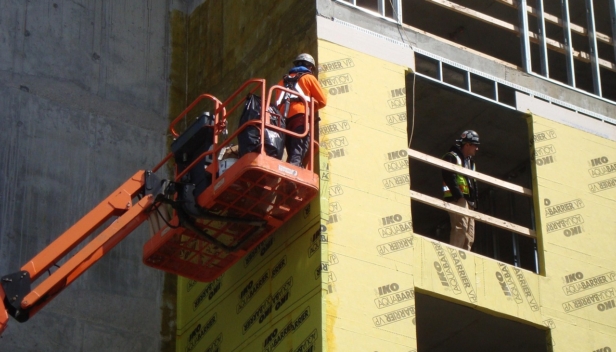Technical security – Protection of personal data obtained through video surveillance
Security Engineering

Video surveillance is one of the key components of modern technical security systems and is widely used in both public and private sectors. Its primary purpose is to ensure the safety of people, property and to control access. However, due to the ability to identify idividuals, such systems involve the processing of personal data, which must be carried our in accordance with legal regulations – primarily the General Data Protection Regulation (GDPR) and the Slovenian Personal Data Protection Act (ZVOP-2). Failure to comply with these regulations may result in serious violations of individuals rights and pose legal and reputational risks to organisations.
This thesis addresses the core legal, technical and organizational aspects of video surveillance and analyses how to ensure compliance with data protection legislation. The first pard focuses on the key principles of GDPR and ZVOP-2, such as lawfulness, proportionality, purpose limitation, security of processing and the rights of data subjects. Special attention si given to the importance of Data Protection Impact Assessments (DPIA) and the obligation to inform individuals.
The technical section explores the types of surveillance systems, the role of artificial intelligence and cloud technologies and technical safeguards such as encryption, access control and activity logging. The organizational measures include staff training, internal privacy policies, access management and risk mitigation practices.
The empirical part of the thesis draws on internal company documents and case studies from Slovenia and abroad. It identifies common issues such as unclear procedures, excessive data retention, and low employee awareness. Practical recommendations are provided to enhance legal compliance and overall system security.
The thesis confirms that lawful and secure use of video surveillance is achievable when an organization adopts a thoughtful, systematic and well documented approach.
Through a comprehensive approach, the thesis highlights the importance of collaboration between technical, legal, and organizational staff. Only with coordinated effords across these areas can sustainable video surveillance systems be established – systems that protect privacy while effectively fulfilling their primary role of ensuring security.





